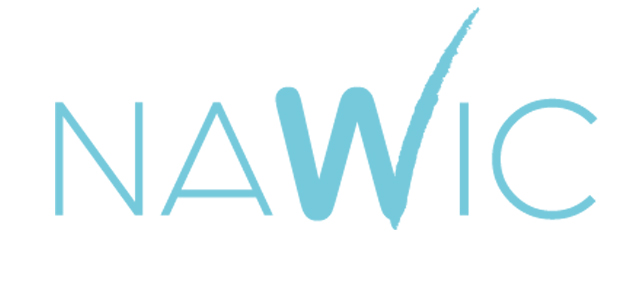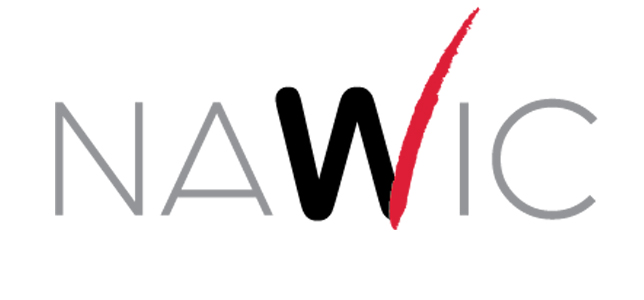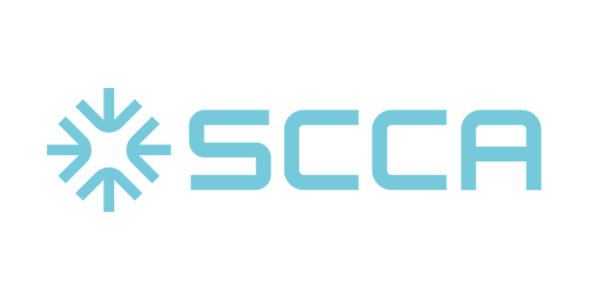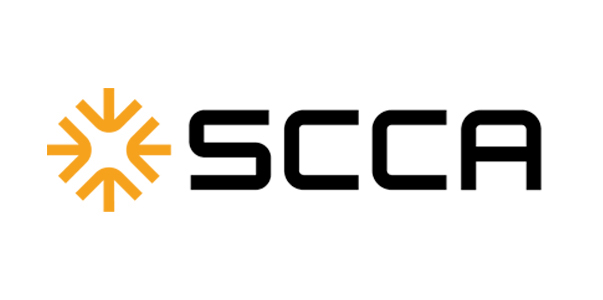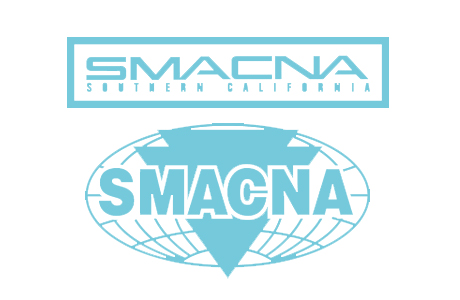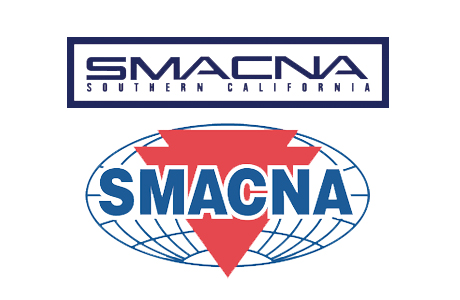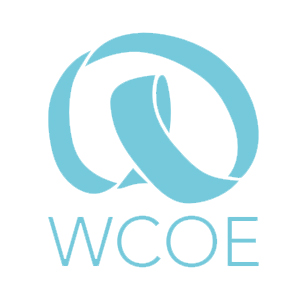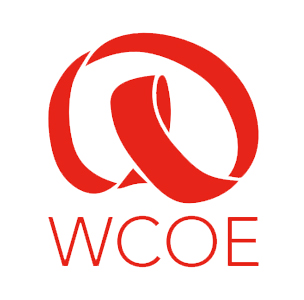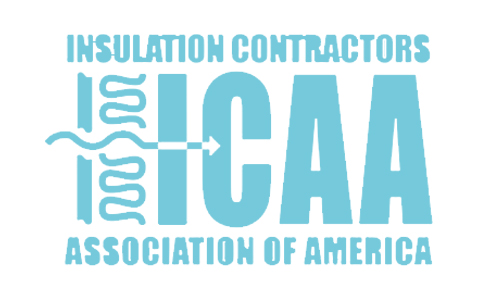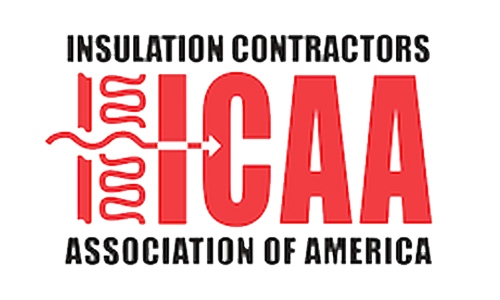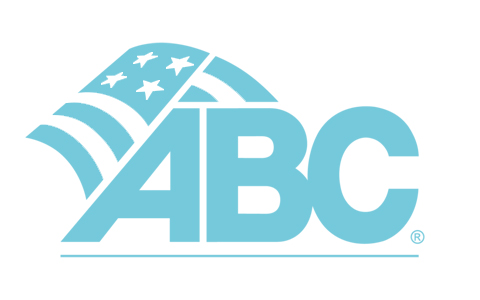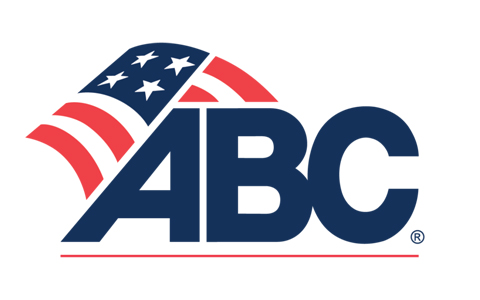The four statutory waiver and release upon payment forms (Civil Code § 3262) are some of the most misused and misunderstood forms in the construction industry. These statutorily prescribed forms are often used as an accounting device rather than the legally binding release intended by the California Legislature. In the recent case of Tesco Controls, Inc. v. Monterey Mechanical Co. (2004) 122 Cal.App. 4th, the Court analyzed the legislative history and effect of the Conditional Waiver and Release Upon Progress Payment form (Civil Code § 3262(d)(1)). The simple conclusion of the Tesco case is that a statutory release, upon payment being made in the amount stated on the release, actually releases all mechanic’s lien, stop notice and payment bond claims through the date listed on the form.
The Tesco litigation arose out of a $29 million contract between the City of Chico and Monterey Mechanical Company to expand the City’s wastewater treatment control plant. Several months after the City contract was awarded to Monterey, a $3.6 million subcontract agreement was entered into between Stratton Electric and Monterey. Pursuant to this subcontract agreement, Stratton was to provide all of the electrical work for the project. Stratton issued a purchase order to Tesco for certain of the electrical controls.
The agreement between Stratton and Tesco provided that Stratton would pay Tesco in monthly progress payments of 90% of “labor and materials which have been placed in position.” Additionally, Monterey and Stratton entered into a joint check agreement for the benefit of Tesco where Monterey agreed to issue joint checks to Tesco and Stratton for any invoices received from Tesco relating to the project.
During the course of the work, Tesco billed $244,762.13 for materials and labor installed at the project site through January 31, 1999. In March 1999, Tesco received a check from Stratton for $194,762.13. Stratton asked Tesco to hold the check for 30 days before it was deposited. On March 15, 1999, Tesco gave Monterey a Conditional Waiver and Release Upon Progress Payment indicating that upon payment of $50,000 (the difference between the $244,762.13 billing and the $194,762.13 payment from Stratton), Tesco would be paid in full through January 31, 1999. Monterey made the $50,000 payment noted on the Release, the Stratton check for $194,762.13 was returned for insufficient funds and Stratton ultimately filed for bankruptcy.
After years of litigation, the Court ultimately held that the $50,000 conditional release was binding to release Tesco’s mechanic’s lien, stop notice and payment bond claims against Monterey through the date stated on the form regardless of whether Tesco had actually been paid for all of its labor and materials through that date. However, the Court ultimately found Monterey to be directly liable to Tesco for the $194,762.13 under the joint check agreement.
The Tesco case provides several lessons for those in the construction industry. First, the “through date” and “amount owed” categories on the Release forms need to match the cumulative amount actually owed through a particular date for all materials and labor provided to the project site. These items are not necessarily going to match invoice dates and amounts from the contractor or supplier that signed the form. For example, if a material supplier delivered and billed for $10 worth of materials in January, the conditional release through January 31st would be for $10. However, if another $10 worth of materials were delivered and billed in February, while the January invoice remains unpaid, the conditional release given at the end of February must be for $20 or the material supplier has waived its statutory rights to the first $10. Second lesson, if you sign a Joint Check Agreement, you actually need to issue joint checks.
This article is intended to provide the reader with general information regarding current legal issues. It is not to be construed as specific legal advice or as a substitute for the need to seek competent legal advice on specific legal matters.

